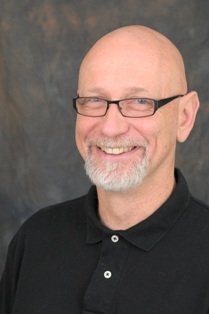 Professor of Pediatrics Hematology/Oncology, Frederick Goldman's, M.D., paper on the correction of a mutation that caused severe combined immune deficiency in one of our patients was recently published in Cell Reports. Additionally, this has gained attention locally and nationally. See the findings covered by NPR, here.
Professor of Pediatrics Hematology/Oncology, Frederick Goldman's, M.D., paper on the correction of a mutation that caused severe combined immune deficiency in one of our patients was recently published in Cell Reports. Additionally, this has gained attention locally and nationally. See the findings covered by NPR, here. Using inducible pluripotent stem cell (iPS) technology, skin/fibroblasts were collected from a patient with JAK3 deficiency, a SCIDs disorder lacking T cells. Fibroblasts were reprogrammed to de-differentiate into primitive stem cells, called inducible pluripotent stem cells (iPS). These cells were then treated with CRISPR/Cas9 enzyme that allowed for precise gene editing and correction of the single base pair mutation of JAK3 without any off target mutagenesis. iPS cells were then differentiated into hematopoietic stem cells, but only gene-corrected iPS cells were able to be further differentiated into T cells. This is the first reported case where CRISPR was able to correct a mutation causing SCIDs, and is proof of principle that CRISPR gene editing of autologous cells can cure monogenic disorders of the immune or hematopoietic systems.
It is envisioned that a clinical trial in SCIDs or sickle cell disease could come of this within the next two years, which could make Birmingham, UAB and Children's of Alabama a destination center for this kind of treatment.
The other collaborating authors include: Chia-Wei Chang, Yi-Shin Lai, Erik Westin, Alireza Khodadadi-Jamayran, Kevin M. Pawlik, Lawrence S. Lamb, Jr., Frederick D. Goldman and Tim M. Townes. See full citation under recent publications or click here.